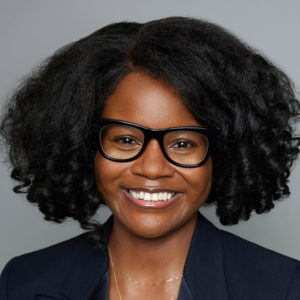Equity, Diversity, and Inclusion
IFF is committed to being an inclusive, anti-racist and anti-oppressive organization.
About Equity, Diversity, and Inclusion at IFF
Partnering to create thriving communities is at the heart of everything we do. We leverage knowledge, capital, and resources to advance equitable and transformational outcomes in under-resourced communities, guided by our commitment to be an inclusive, anti-racist and anti-oppressive (ARAO) institution that honors communities as asset-rich and as experts in their own stories.
CDFIs work to align capital with justice, bridging gaps in the financial system by increasing access to capital, technical assistance, and other specialized supports when mainstream lenders can’t or won’t reach under‐resourced communities.
IFF’s mission is to strengthen nonprofits that are working hard to ensure all people in all communities have equitable access to health care, child care, housing, education, and other fundamental human rights. In order to do this, we must understand and then interrupt the ways that structural racism permeates our work and distorts the outcomes we seek in communities.
At IFF, that means continually interrogating our products, services, and practices through an equity lens to ensure that they are not perpetuating the very inequities they’re designed to address. This includes advocating for the broader CDFI industry to do away with appraisals, revising our target market criteria, introducing a new Flex Loan Program, and more, as identified in the icons below.
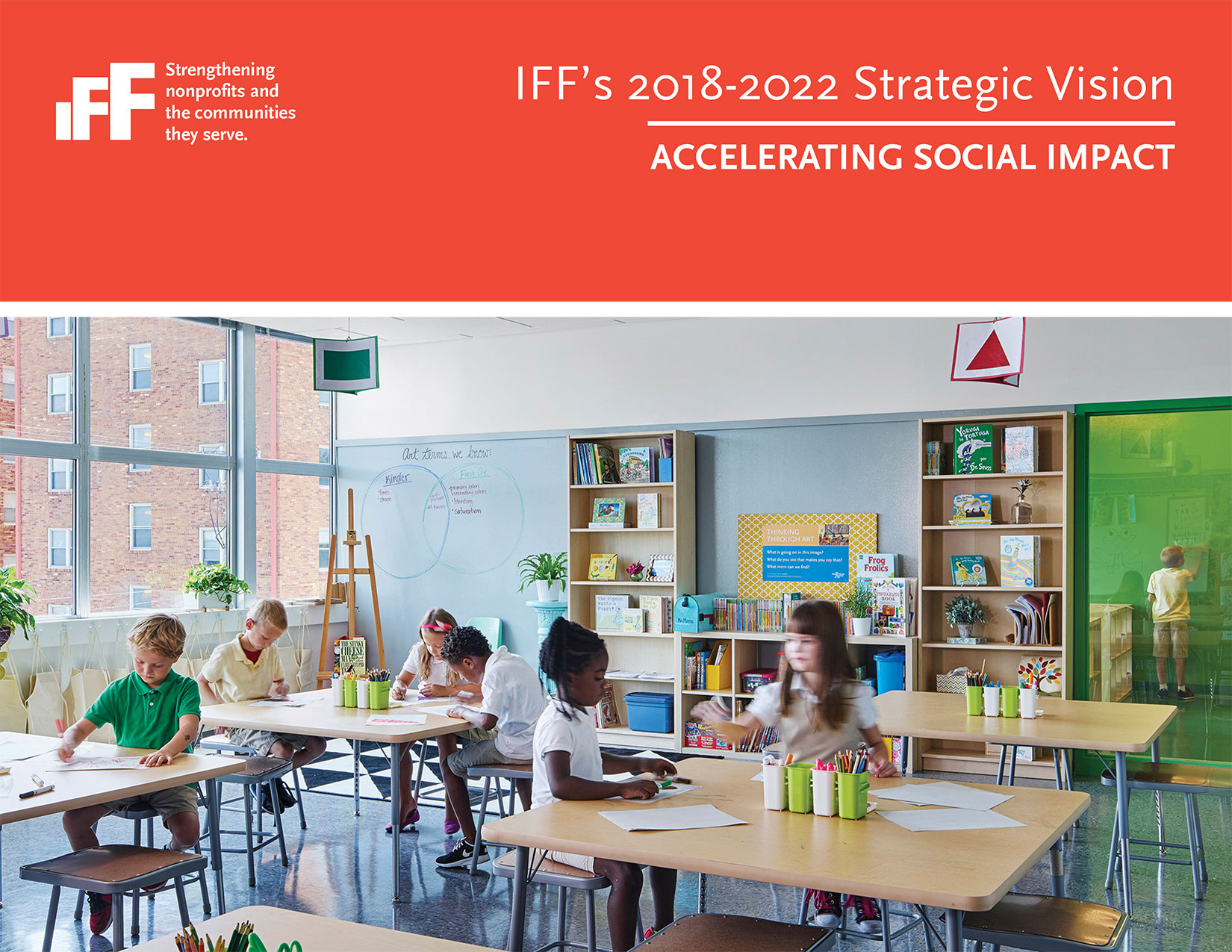 IFF was in the final stages of preparing our five-year strategic plan for 2018-2022 when staff feedback revealed the omission of explicit references to equity, diversity, and inclusion (EDI). That sparked collective action to make EDI one of six foundational pillars of the final
IFF was in the final stages of preparing our five-year strategic plan for 2018-2022 when staff feedback revealed the omission of explicit references to equity, diversity, and inclusion (EDI). That sparked collective action to make EDI one of six foundational pillars of the final 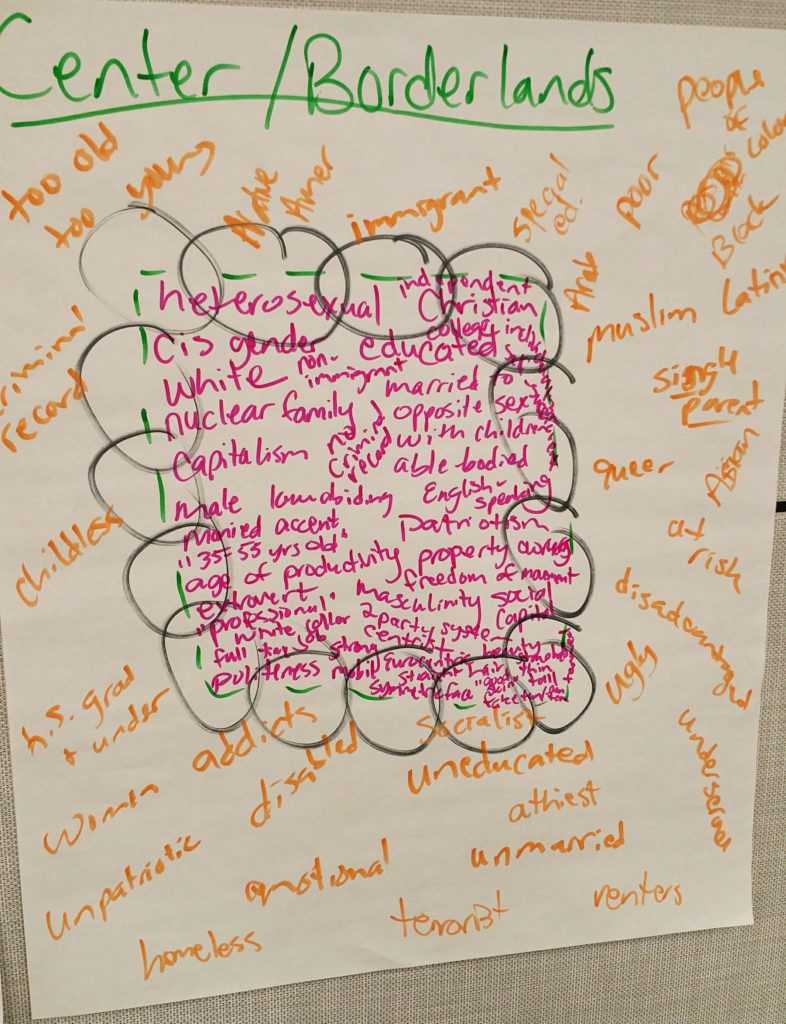 To begin work to achieve the EDI goals set forth in the Strategic Plan, an ad-hoc EDI team was formed. Team members attended a three-day anti-racism training to cultivate a shared analysis of systemic racism. That training was provided by
To begin work to achieve the EDI goals set forth in the Strategic Plan, an ad-hoc EDI team was formed. Team members attended a three-day anti-racism training to cultivate a shared analysis of systemic racism. That training was provided by 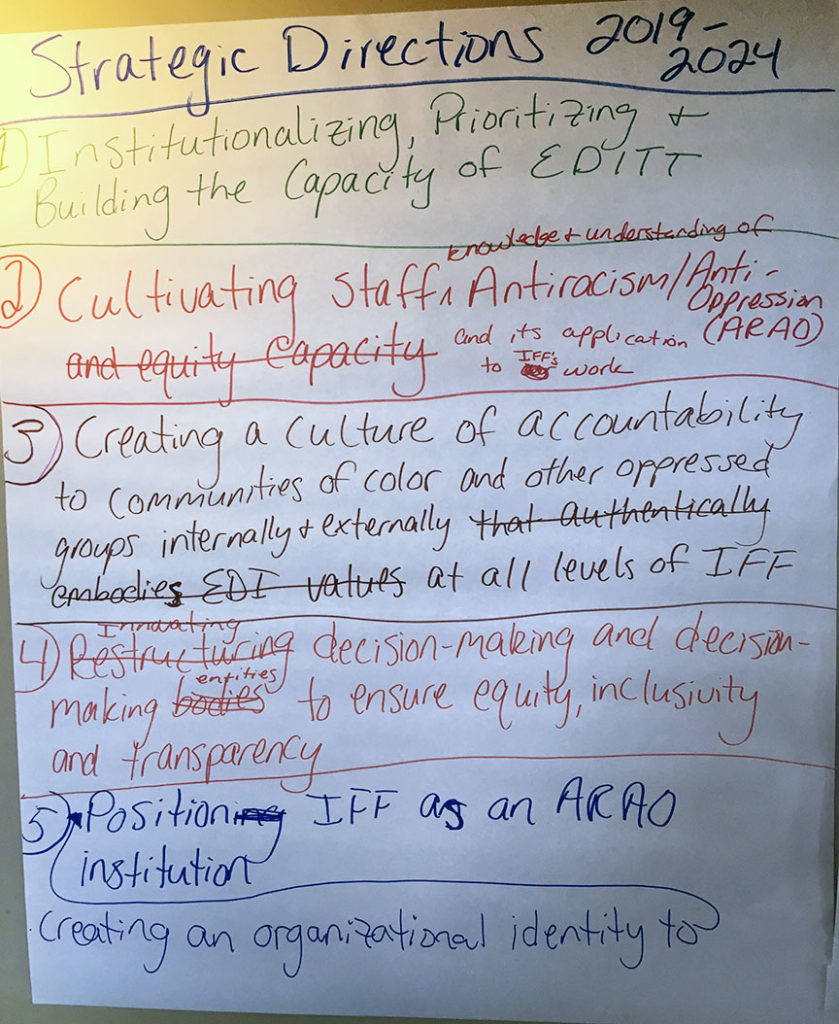 EDITT members attended 75 hours of CROAR trainings and planning sessions during this time. Using their shared anti-racism analysis as a foundation, the group created five strategic directions to guide IFF on its journey to becoming an anti-racist, anti-oppressive (ARAO) organization:
EDITT members attended 75 hours of CROAR trainings and planning sessions during this time. Using their shared anti-racism analysis as a foundation, the group created five strategic directions to guide IFF on its journey to becoming an anti-racist, anti-oppressive (ARAO) organization: IFF is committed to every member of its staff and Board attending anti-racism training facilitated by CROAR that explores a power analysis of white supremacy and systemic racism in the United States and how this analysis shapes IFF’s work, grounding IFF’s team in a shared anti-racism analysis and language. The costs associated with this training are embedded in IFF’s organizational budget.
IFF is committed to every member of its staff and Board attending anti-racism training facilitated by CROAR that explores a power analysis of white supremacy and systemic racism in the United States and how this analysis shapes IFF’s work, grounding IFF’s team in a shared anti-racism analysis and language. The costs associated with this training are embedded in IFF’s organizational budget.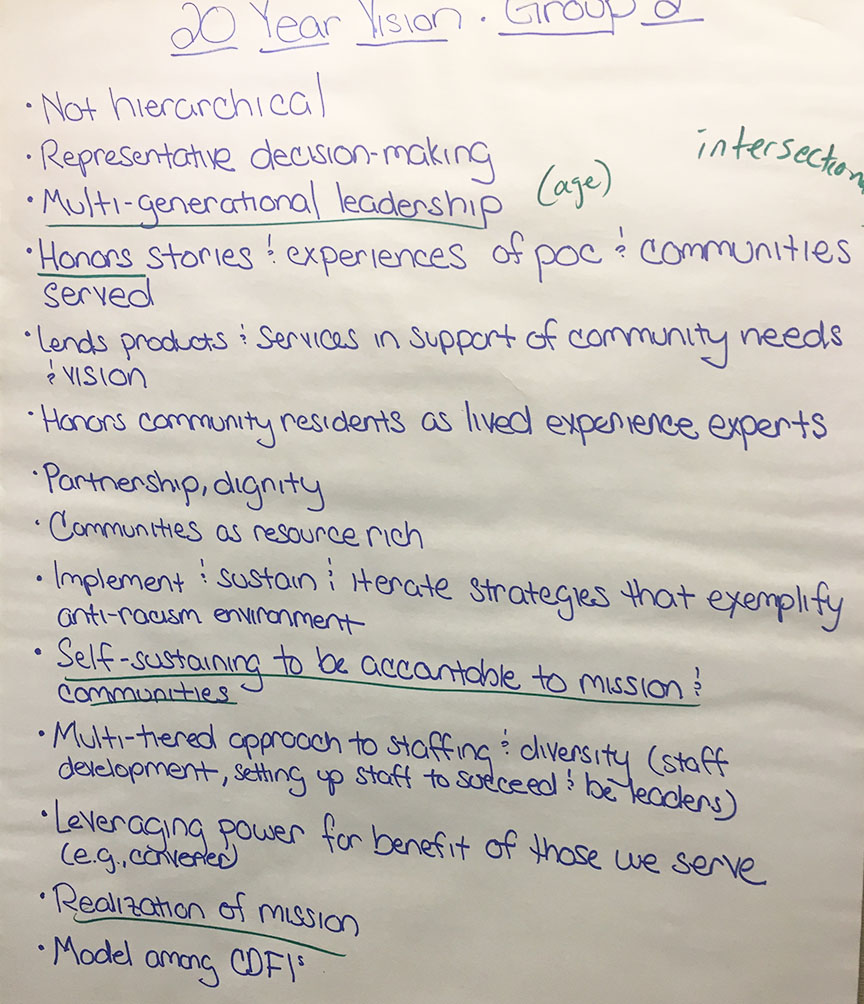 As part of the fifth strategic pillar, EDITT crafted a new vision statement for IFF that was critically and enthusiastically discussed with the IFF Board. The new IFF Vision Statement that was adopted in September 2020 reads: Partnering to create thriving communities is at the heart of everything we do. We leverage knowledge, capital, and resources to advance equitable and transformational outcomes in under-resourced communities, guided by our commitment to be an inclusive, anti-racist and anti-oppressive institution that honors communities as asset-rich and as experts in their own stories.
As part of the fifth strategic pillar, EDITT crafted a new vision statement for IFF that was critically and enthusiastically discussed with the IFF Board. The new IFF Vision Statement that was adopted in September 2020 reads: Partnering to create thriving communities is at the heart of everything we do. We leverage knowledge, capital, and resources to advance equitable and transformational outcomes in under-resourced communities, guided by our commitment to be an inclusive, anti-racist and anti-oppressive institution that honors communities as asset-rich and as experts in their own stories.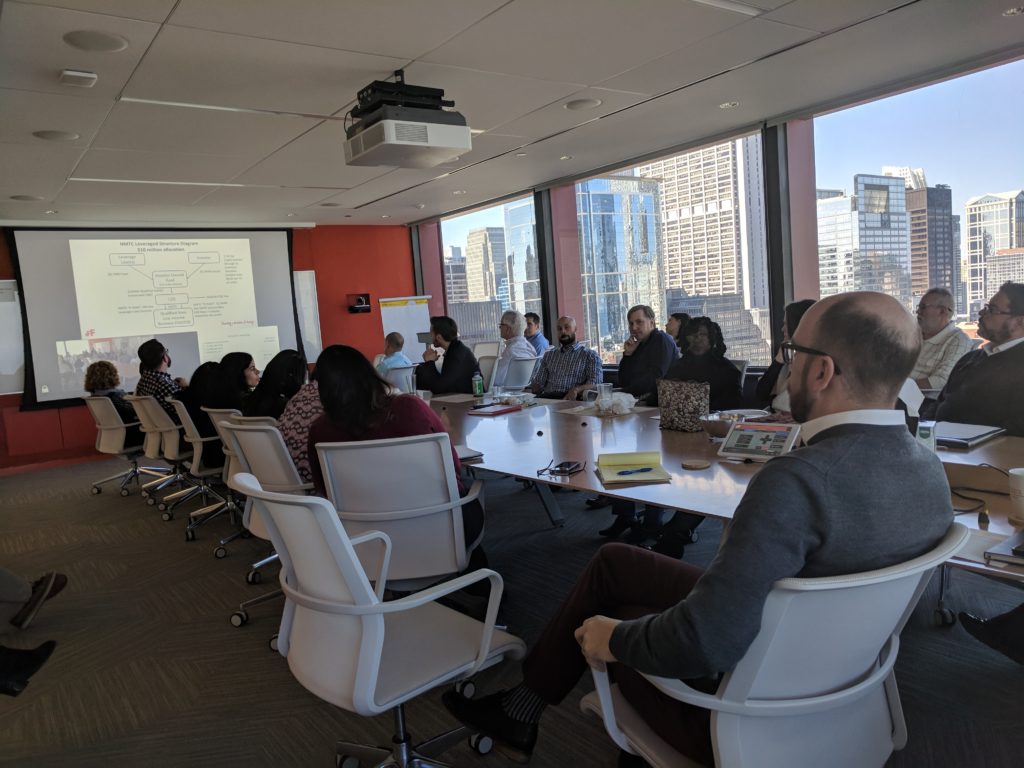 The five strategic pillars developed by EDITT were introduced to IFF’s staff and Board in December 2019 through a series of all-staff presentations, small-group discussions, and departmental planning meetings. Since then, each IFF team/department has begun working to create their own detailed plans – with specific, measurable, actionable goals toward the five strategic pillars identified by EDITT – to advance IFF’s racial equity work in an extremely intentional way. This work continues, with ongoing guidance from EDITT and CROAR.
The five strategic pillars developed by EDITT were introduced to IFF’s staff and Board in December 2019 through a series of all-staff presentations, small-group discussions, and departmental planning meetings. Since then, each IFF team/department has begun working to create their own detailed plans – with specific, measurable, actionable goals toward the five strategic pillars identified by EDITT – to advance IFF’s racial equity work in an extremely intentional way. This work continues, with ongoing guidance from EDITT and CROAR.